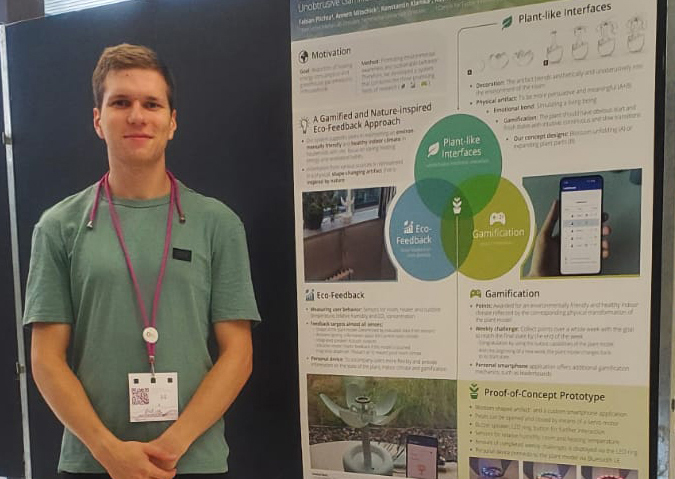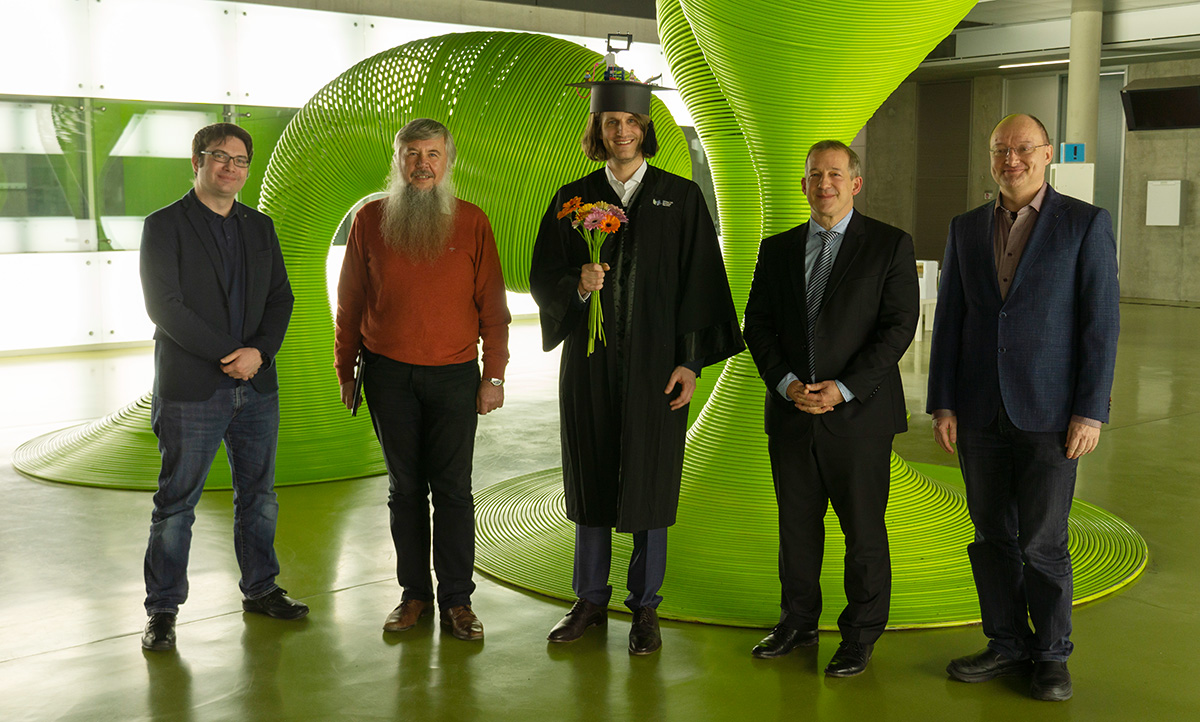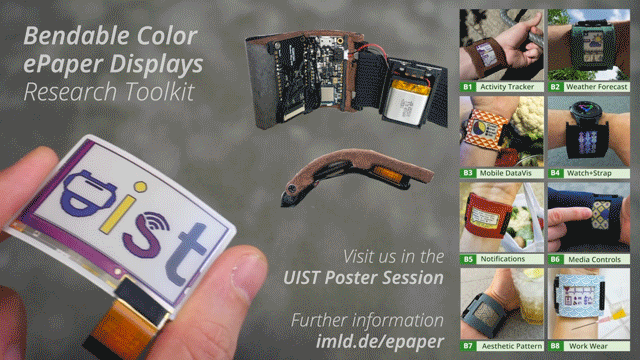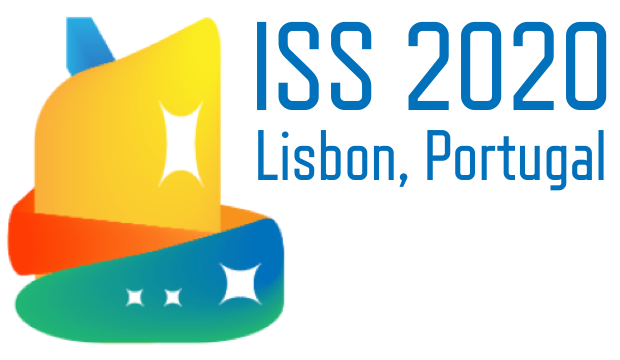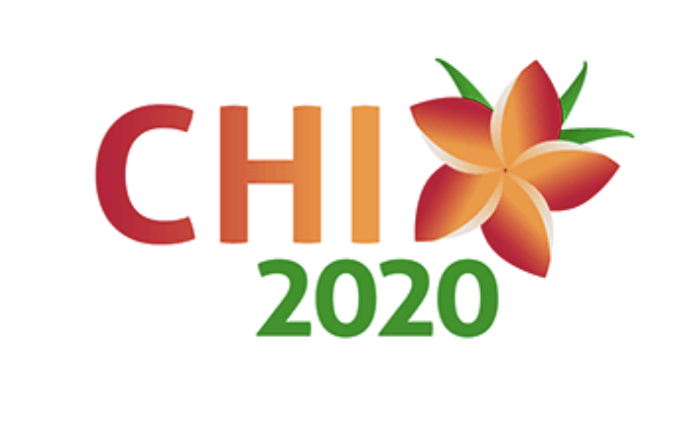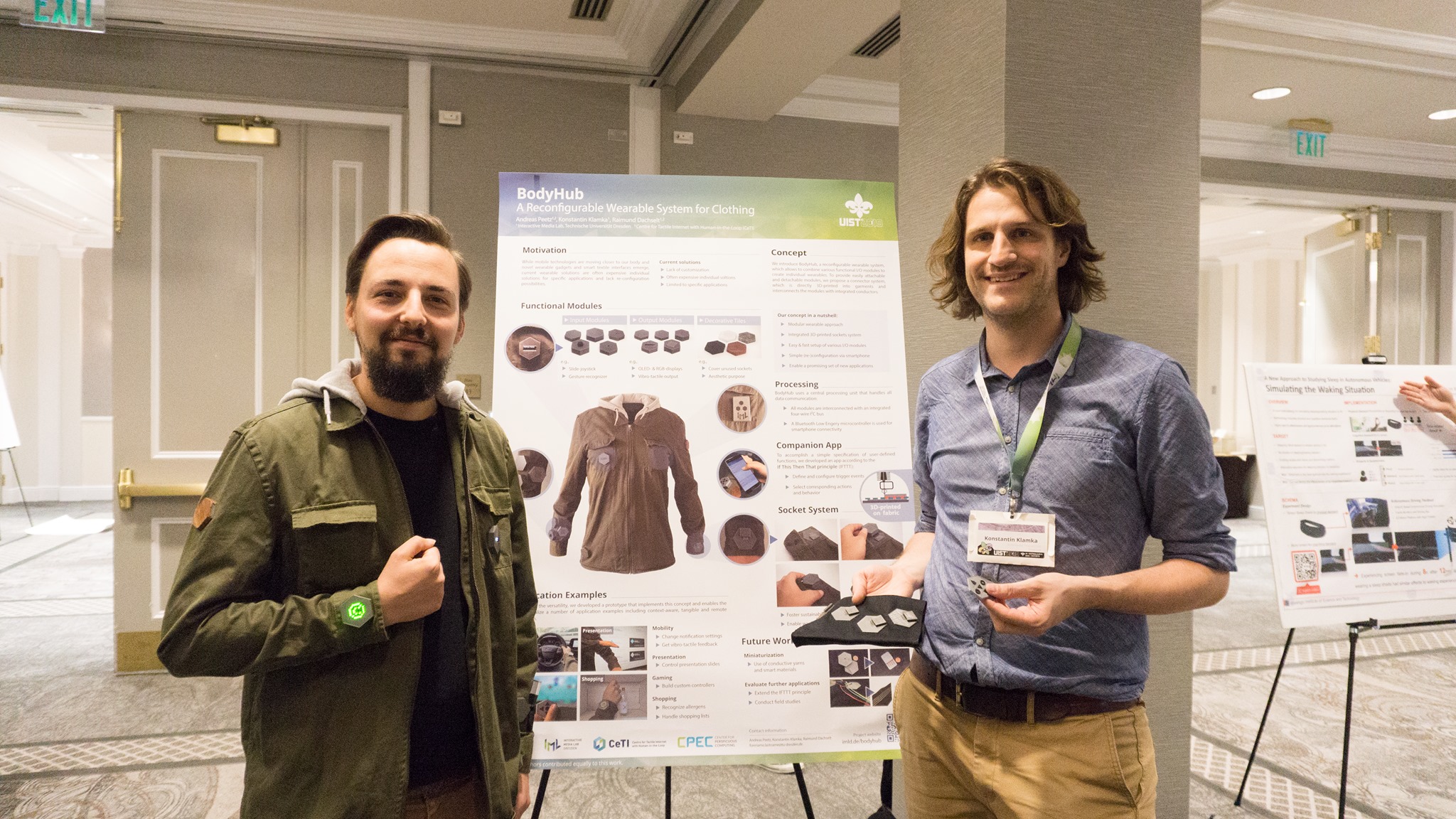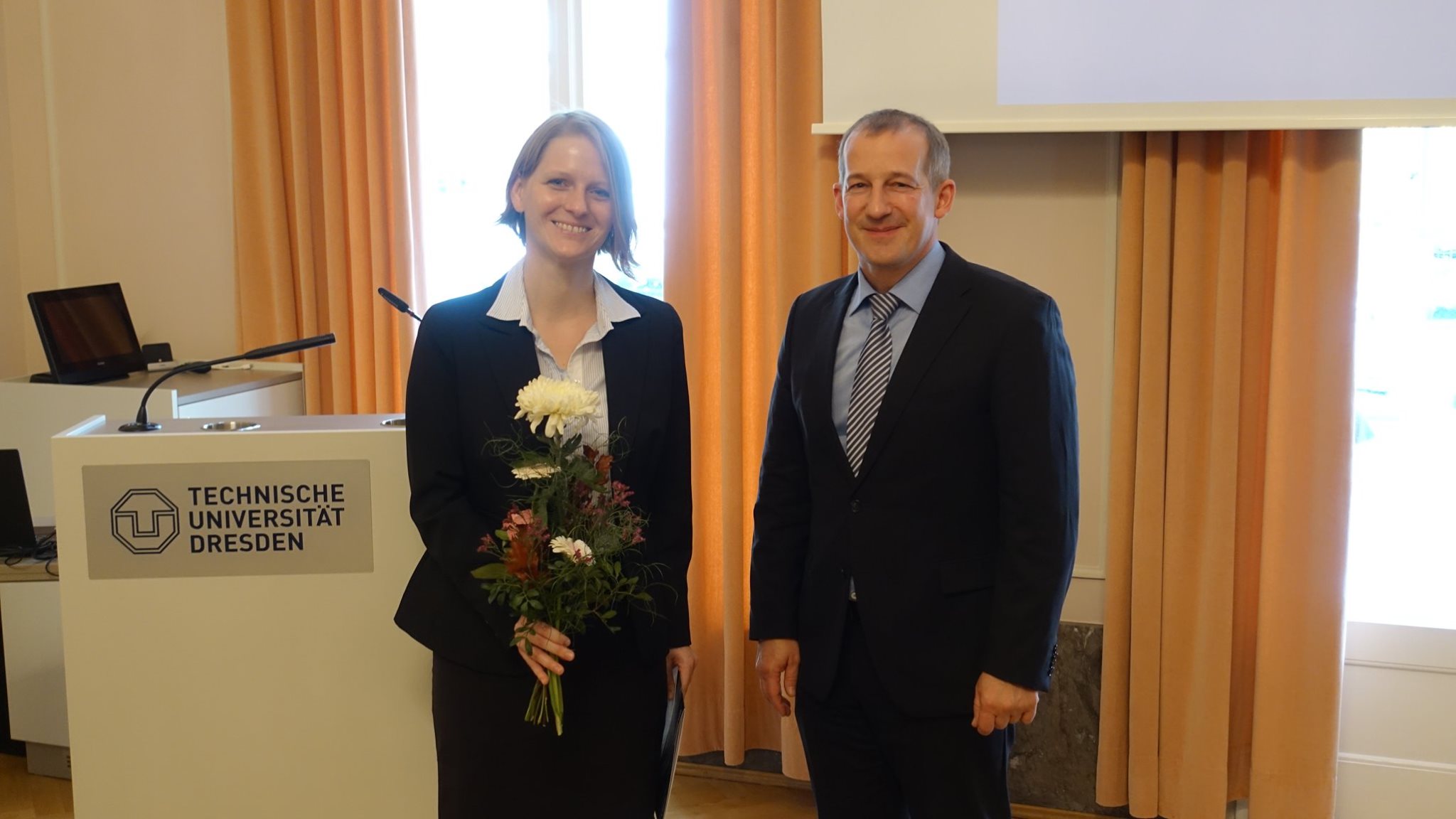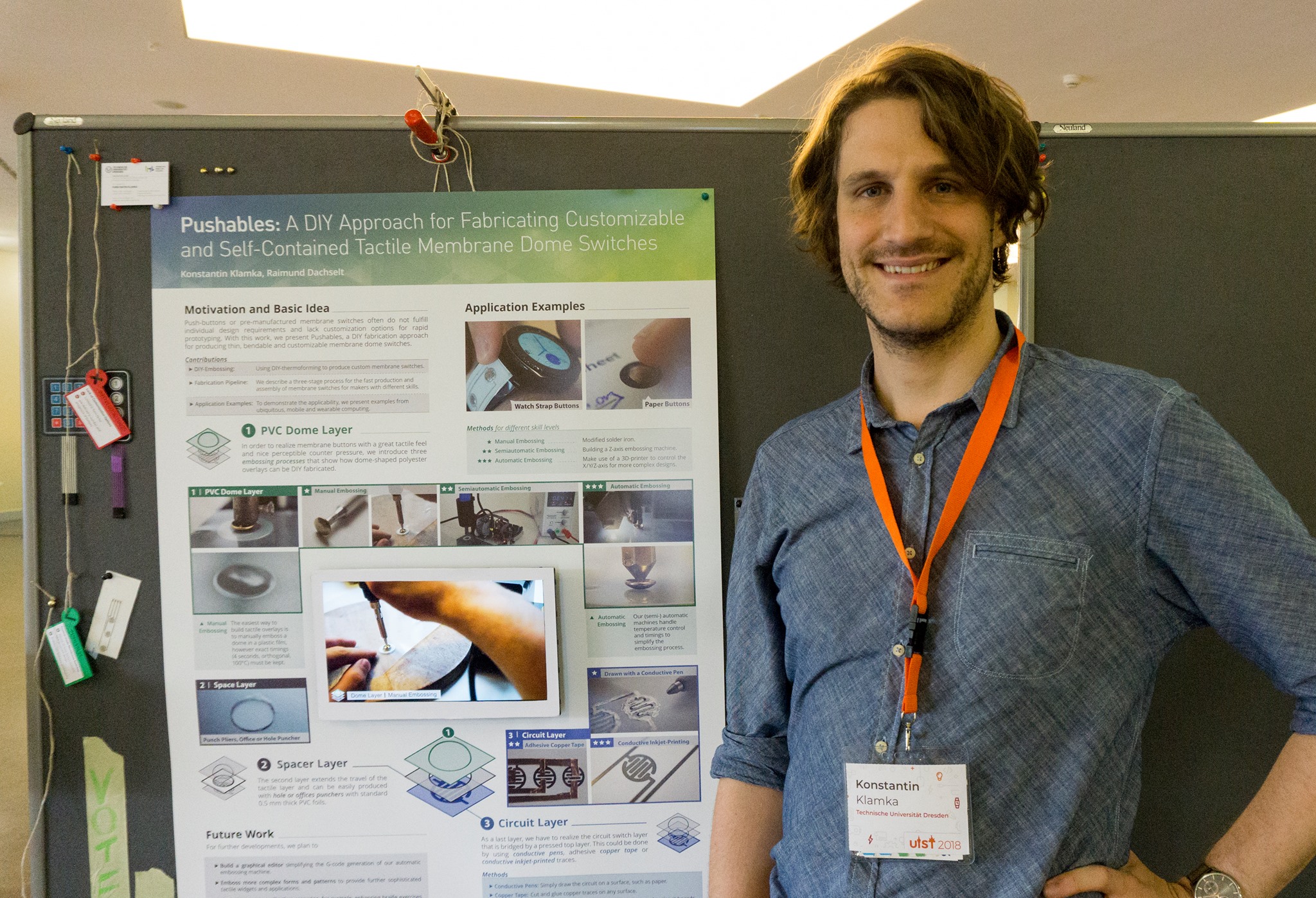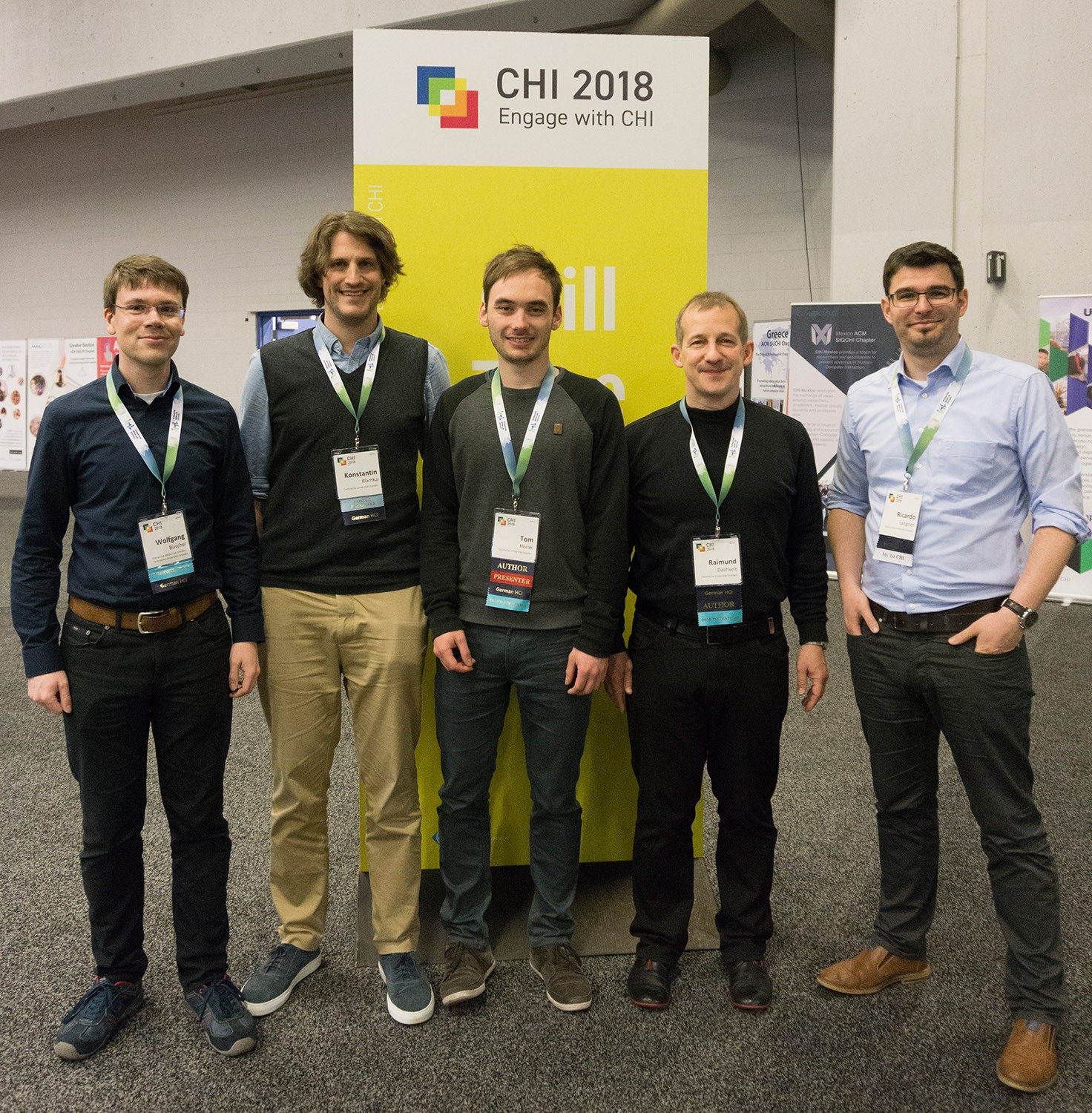Ulrike Kister, former member and PhD student at the Interactive Media Lab Dresden, received the prestigious Dr.-Walter-Seipp award of the TU Dresden and the Commerzbank Endowment on October 11th. The award was presented for her outstanding dissertation Interactive Visualization Lenses.
Graphical data visualizations allow to visually understand numbers comprehensible and correlations. For complex data, magic lenses can help to highlight and analyse certain aspects. In order to investigate novel interaction forms for magic lenses, Ulrike Kister developed a rich set of spatially-aware techniques that enable intuitive human-computer interactions. Therefore, she explores, for instance, how a smartphone or even the own body can function as a magic lens in front of large display walls. We congratulate her on this admirable work and achievement. You can find some impressions of the event in our photo gallery.
The prizes sponsored by Commerzbank were presented by the Rector of the TU Dresden, Prof. Dr.-Ing. habil. DEng/Auckland Hans Müller-Steinhagen and Commerzbank AG Chairman of the Board Burkhard von der Osten. Furthermore, Prof. Dr.-Ing. Raimund Dachselt gave a laudation for Ulrike. In addition, Dr. Sara Al-Nassir and Dr. Martin Schwarze also received awards for their dissertations.

